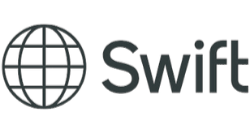SWIFT CSP Assessment
Fortytwo Security provides independent SWIFT assessment services led by our SWIFT Certified Assessors. Our cooperative and efficient approach is tailored to your unique needs. Ready to simplify your SWIFT compliance process? Let us guide you every step of the way.

Contact us


